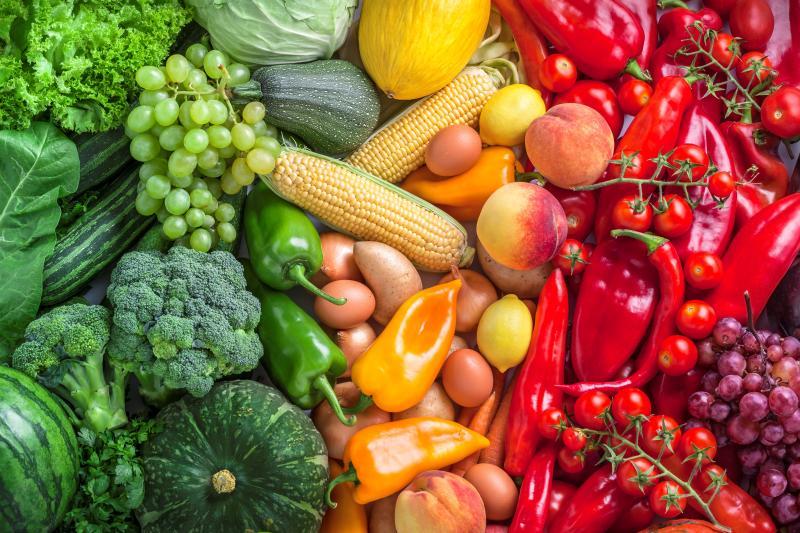
An inverse association exists between dietary carotenoid intakes and hypertension in US adults, reveals a recent study. The recommended total carotenoids intake is at least 100 μg/kg per day for the general adult population.
In total, 17,398 adults aged ≥20 years were identified. In crude results, high-dose β-carotene, lycopene, lutein with zeaxanthin, and total carotenoids were significantly associated with a reduced risk of hypertension.
In multivariate-adjusted model, the highest vs lowest quartile intakes of dietary carotenoid correlated with a reduced hypertension risk, with odds ratios of 0.79 (95 percent confidence interval [CI], 0.67–0.93) for β-cryptoxanthin, 0.85 (95 percent CI, 0.73–0.98) for lycopene, 0.69 (95 percent CI, 0.58–0.83) for lutein with zeaxanthin, and 0.73 (95 percent CI, 0.62–0.86) for total carotenoids.
Dose–response analyses revealed an inverse association between all carotenoids and hypertension in a linear manner. Moreover, total carotenoids at 100 μg/kg per day displayed a significant reduction in the risk of hypertension.
This cross-sectional study used data from the National Health and Nutrition Examination Survey 2007–2014. Data on dietary carotenoids were obtained from 24-h dietary recall interviews. Hypertension was defined as systolic blood pressure ≥130 mm Hg or diastolic blood pressure ≥80 mm Hg, taking antihypertensive treatment, or self-report.
The associations of α-carotene, β-carotene, β-cryptoxanthin, lycopene, lutein with zeaxanthin, and total carotenoids from diet and supplements with hypertension were explore using logistic regression models and restricted cubic spline models. Total carotenoids showed significant reductive risk of hypertension at 100 μg/kg per day and over.